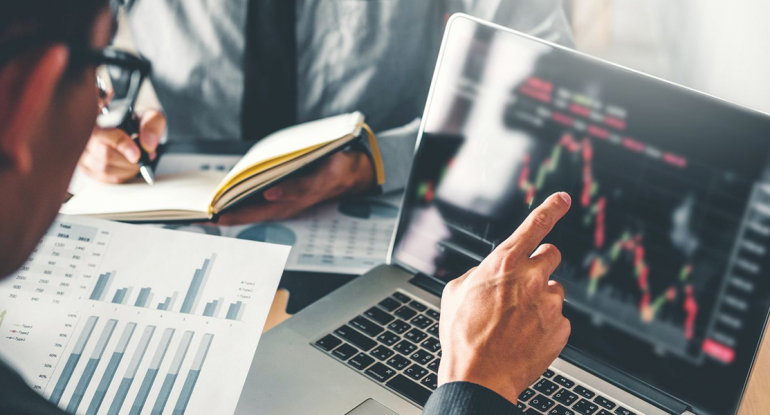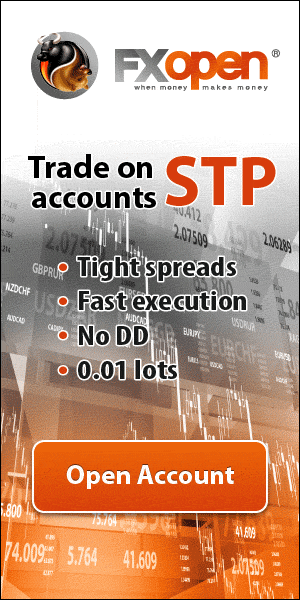Forex participants, Who is them?

Forex participants are all those who are part of foreign exchange.
Including us as forex traders on a small, medium or large scale. The forex market is very large.
There is a lot of needs when someone exchanges their country’s currency with another country’s currency. For tourist purposes, export and import activities,.
Or when one country borrows money from another country, all of it uses the currency. And all of them have their calculation of the value of one country’s currency against another country.
We call them as an exchange rate. So, for example, a person buys one Euro using USD with an exchange rate of EUR/USD 1.0900. Then he will need to spend 1.0900 USD to get 1 Euro.
Forex trader take profit from difference price movement at any pair.
Start trading with TenkoFX broker with positive feedback of reviews from traders and are regulated by IFSC Belize
Open an account or try Demo account.
What is the forex market?
Forex market is where currencies are traded, this becomes very important in trade between countries.
When someone wants to buy goods from another country. They will exchange their own country’s currency with the currency in which they bought the goods.
All countries have their respective currencies, in international trade. The forex market is the largest market with a velocity of more than 5 trillion dollars every day. This is different from traditional markets.
Forex market is unique because there is no central market for foreign exchange, where sellers and buyers meet each other. However, currency trading is carried out electronically over-the-counter (OTC).
This means that all transactions take place through computer networks between traders and buyers around the world, not on one centralized exchange. Another uniqueness is the market is open 24 hours a 5 days a week.
And trading takes place throughout the world with continuous market sessions, London, New York, Tokyo, Zurich, Frankfurt, Hong Kong, Singapore, Paris, and Sydney. This means that when the US market ends, the Tokyo and Hong Kong markets will continue.
You could say the forex market never sleeps during all market sessions during business hours, except Saturdays and Sundays the Forex market closes.
How forex shaped business
Currency exchanges are carried out by traders around the world, forming businesses with the opportunity to look for yields from price changes and also differences in interest rates.
Traders will learn that inflation can affect the value of a currency, and other fundamental factors to predict the value of currency going forward, from which traders make a profit.
In contrast to the exchanger, or a broker, they get gain from the sale price markup and the purchase price.
Let say, the value of the USD currency is equivalent to 100 Japanese yen, then the exchanger will sell at prices above 100 for example 103, but if he buys at the price under 100 for example 97.
From there trader forex will get profit. There is also a carry trade strategy that is mostly carried out by banks, hedge funds, investment managers, and individual investors.
This strategy is to capture differences in currency interest rates by borrowing currencies with low-interest rates and selling them to buy currencies with higher interest rates.
For example, the Japanese yen has a low-interest rate. Hence investors will sell it and buy a higher interest rate currency.
And when interest rates in countries with high-interest rates start to fall, investors sell investments with higher returns.
That can cause large financial institutions and investors with substantial foreign ownership to move money back to Japan because the profit margin starts to narrow.
This strategy, in turn, can result in a broad decline in global equity prices.
Forex player participants
Many players are forex market participants and come from various groups including the Government, Banks and Financial Institutions, Multinational Companies, Speculators, Brokers, and forex traders both from large traders to retail traders.
Government as the big forex participants
The government has a huge influence on the forex market. In almost all countries, it has a central bank which is the arm of the government in carrying out its policies.
And it has become a public secret if a country’s expenditure budget is very large, covering between countries and continents. So, the contribution of the state government is very influential in the forex market.
Governments, like the United States they have a big influence on forex because of a superpower country.
Central Bank
Each country has its central bank, and the central bank will always act to protect the interests of their country. And this is a fact that the Central Bank is the biggest forex player.
The central bank has the responsibility to print money, withdraw money, or buy and sell foreign money supplies.
And transactions by central banks are usually large in number, therefore, central bank actions can have a major impact.
Although all central banks play a role in the foreign exchange market, they are typical because their currencies are the main currencies and have large funds.
Read a special article about central banks here
Banks and Financial Institutions
Become the most active forex player Bank and financial institutions including big players in the forex market.
Inside the part included a central bank that is representative of the government, super large private banks, and general commercial banks.
However, influential forex players are usually multinational banks. Some of the main players in the foreign exchange market are Citi, JP Morgan Chase, UBS, Deutsche Bank, Goldman Sachs, Barclays, HSBC, Morgan Stanley, and so on.
They deal with financial institutions or other banks to transact buying and selling currencies to meet their own needs and for the usage of customers. Therefore, the exchange rate moves up and down in the forex market.
Banks are very dominant foreign exchange market players in currency trading, to create the Interbank Market. In the Interbank market, the large banks make a transaction.
The price or agreement that occurs is the amount of demand and supply volume that determines the exchange rate. The result is what we can see through trading software such as MetaTrader.
Because the forex market is not decentralized, it is natural that one bank with another has a slight difference in exchange rates.
Commercial Multinational Companies
These multinational commercial companies participate in the forex market because they need foreign currencies to trade with other countries.
Let say, companies based in China need to use the foreign exchange market to buy the currency they need to pay their partner companies in other countries that sell heavy equipment.
However, keep in mind that commercial companies also still need the help of banks to participate as forex market players.
Speculators also as forex participants
Speculators here are private entities or companies engaged in the financial sector (fund development) where they usually also have the enormous financial capacity.
Because they have very large funds, sometimes speculate to get as much money as possible and as quickly as possible from the trading market.
One of the most famous speculators is George Soros.
He is one of the speculators who have speculated about the decline in the British Pound which resulted in 1.2 billion dollars less than a month.
Although some critics say that Soros was responsible for the Asian financial crisis in the late 90s.
Brokers
Forex brokers are companies or institutions, agents, or individuals formed to bridge sellers and buyers, example broker is TenkoFX.
Forex brokers have strategically positioned forex market players as they continue and manage small volume (retail) trading requests to larger financial institutions.
So that later, every trader demand can be accommodated in a more massive foreign exchange market. With a broker, traders do not need to start trading with large capital.
The capital needed to become a retail forex market player or trader also decreases, but the profit potential remains the same. This is because brokers offer leverage that varies in size from 1: 1 to 1: 1000 or even 1: 3000.
With a leverage of 1: 200 for example, retailers can trade 200 times higher by only using margin 1.
Retail Forex Trader
Who is them? Retail forex traders are anyone with small funds or do not have millions of dollars but want to get profits in the forex market.
Retail forex traders are very numerous throughout the world, and all of them transact through brokers.
Due to technological developments, online forex brokers, and even trading platforms for smartphones have also been widely used.
Traders like you can even trade from home using forex brokerage services, with capital as low as tens to hundreds of dollars.
Conclusion
World civilization often changes, technological growth, changes in business behavior, natural disasters, may be able to shift one business to another.
If in the past, the only forex participants market players were large institutions, but now even with only $ 10 already have the opportunity to access the forex market.
And since in various countries, lockdown policies may be applied by the government for reasons of limiting the spread of COVID-19.
But retail traders still have the opportunity to work from home.
Even if you only stay at home, you can work from home.
Open an account or try Demo account.
Related article
Forex trading money management strategies
Japanese candlestick patterns forex, most reliable pattern
Central bank main functions, most central bank impacted market
















